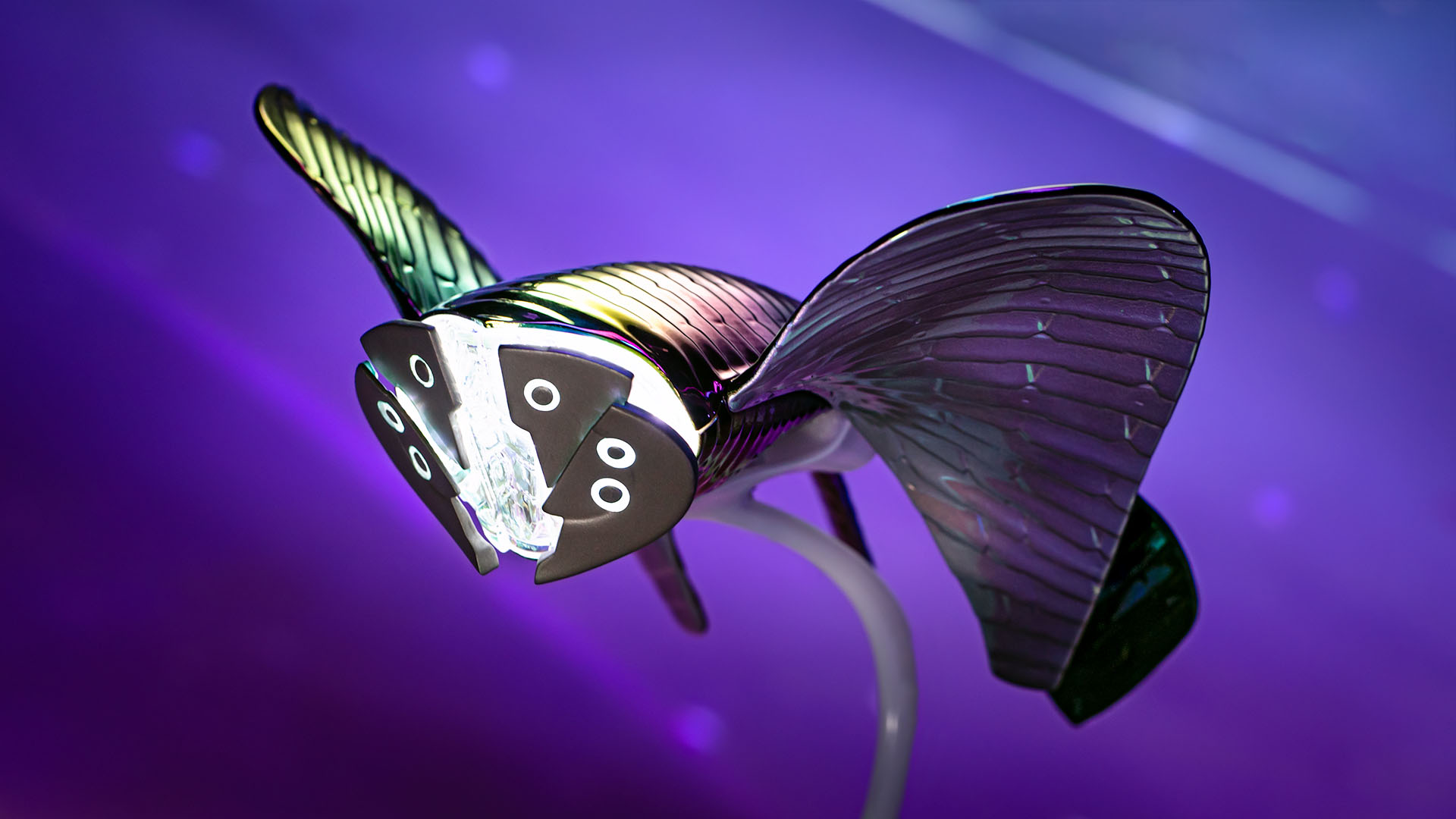© Reuters. The original manuscript of “La Francesa Laura” (French Laura) attributed by the AI to the Spanish classic author Félix Lope de Vega in the office
MADRID (Reuters) – Artificial intelligence technology used to transcribe anonymous historical works in the archives of Spain’s National Library has revealed a hidden gem: a once-unknown play by one of the country’s greatest playwrights, Félix Lope de Vega.
The National Library said on Tuesday that experts later confirmed that the Baroque playwright and one of the most prominent names in Spain’s Golden Age wrote the play “La Francesa Laura”, meaning “French Laura”, a few years before his death in 1635.
The copy of the manuscript in the library’s archives dates back to the late seventeenth century, long after the death of the author (Fuente Obijona) and (Caballero de Olmedo), or “Knight Olmedo”.
Researchers from the Universities of Vienna and Valladolid used artificial intelligence to copy 1,300 manuscripts and books in the library for unknown authors, saving years of human effort. They also sought to discover their authors by comparing each work with a selection of words used by different authors.
The National Library said the words used in the text “align closely with those of Luby, and not with those of the other 350 playwrights who were part of the experiment”.
The book will be published in Spanish by Gredos Publishing in the coming months.
(Prepared by Noha Zakaria for the Arabic Bulletin – Edited by Muhammad Muhammadin)
3_800x533_L_1412602648.jpg)

